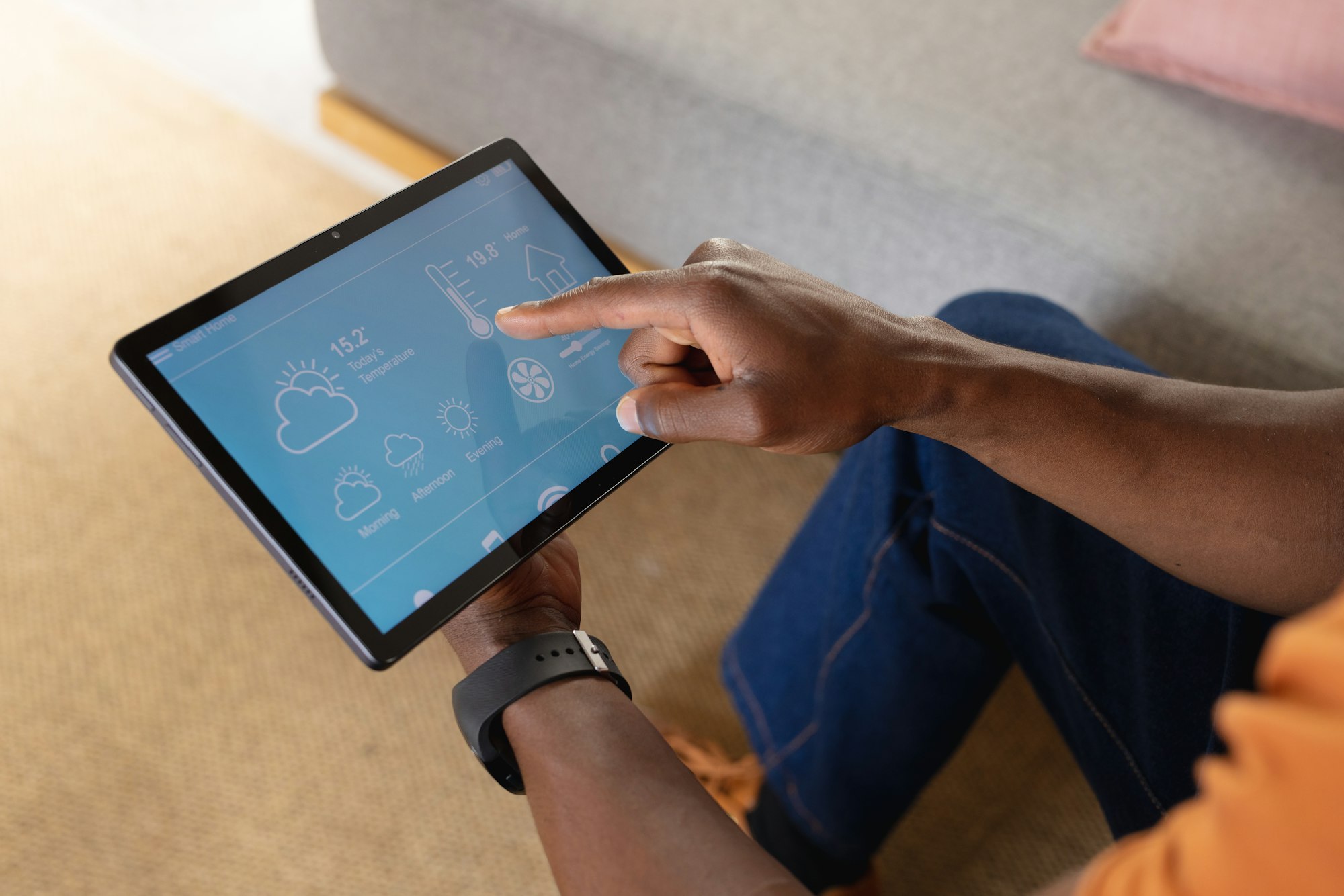Overview
Artificial intelligence (AI) is transforming numerous industries, including meteorology. Its application in hurricane forecasting has significantly improved accuracy and speed, helping to save lives and resources.

AI in Meteorology
AI models in meteorology process extensive data from satellites, radars, ground stations, and ocean sensors. These models use historical weather data to learn and predict future conditions more efficiently than traditional methods. AI excels at rapidly integrating new data and identifying trends and anomalies, which traditional methods might miss due to their reliance on manual inputs and fixed equations.
Enhanced Hurricane Forecasts
Accurate hurricane forecasting is crucial for effective preparation and response. AI enhances this process in several ways:
- Path Prediction: By analyzing historical data on hurricanes, AI models can predict future paths with greater precision.
- Intensity Forecasting: AI predicts changes in hurricane strength, crucial for issuing timely alerts.
- Impact Estimation: AI models assess potential hurricane impacts on various regions, taking into account factors like population density and infrastructure.
Challenges and Innovations
While AI offers significant improvements, it also encounters challenges:
- Data Quality: Poor or incomplete data can lead to incorrect predictions.
- Model Overfitting: AI models may become too tailored to historical data, reducing their effectiveness in novel situations.
- Computational Expenses: High-performing AI models require substantial computational resources, which can be costly.
New innovations are being developed to address these issues, such as hybrid models that combine AI with traditional forecasting methods to capitalize on the strengths of both.
Future Prospects
The future of AI in weather forecasting looks promising, with ongoing research aimed at creating more resilient and adaptable AI systems. Technological advancements and improved data collection methods will further enhance these models, leading to even more accurate weather predictions.

Frequently Asked Questions (FAQ)
1. How does AI improve the accuracy of weather forecasts and hurricane predictions?
AI enhances weather forecasts and hurricane predictions by analyzing vast amounts of data from multiple sources, such as satellites, radars, ground stations, and ocean buoys. AI models learn from historical weather data and can quickly integrate new information, identifying patterns and anomalies faster than traditional methods. This ability to rapidly process and analyze data leads to more accurate and timely predictions, especially for hurricane paths and intensities.
2. What are the main challenges faced by AI in weather forecasting?
AI in weather forecasting faces several challenges, including:
- Data Quality: Inaccurate or incomplete data can result in incorrect predictions.
- Model Overfitting: AI models might become too focused on historical data, reducing their ability to adapt to new or unprecedented weather patterns.
- Computational Costs: High-performance AI models require significant computational resources, which can be expensive and limit their accessibility.
3. How are innovations addressing the challenges of using AI in meteorology?
Innovations in AI and meteorology are continuously emerging to address these challenges. Hybrid models that combine AI with traditional meteorological methods are being developed to leverage the strengths of both approaches. These hybrid models aim to improve data quality, reduce the risk of overfitting, and optimize computational resources. Additionally, advancements in computing technology and data collection methods are enhancing the overall performance and accuracy of AI models in weather forecasting.
Sources The New York Times


